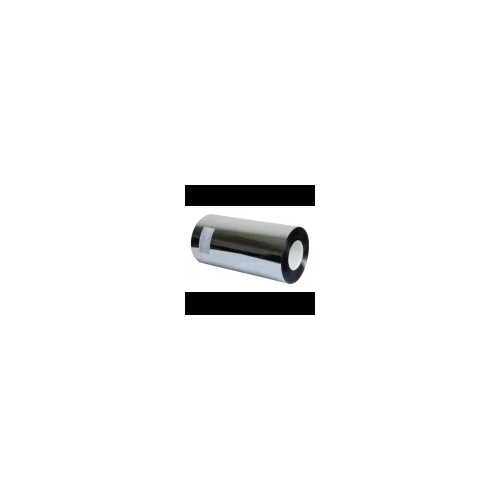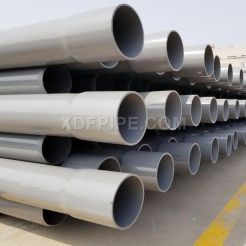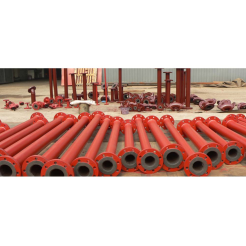silver coat metal pet film
The top coating surface of this Metallized PET Film has excellent printing ink adhesion and is suitable for UV ink printing and bar code printing on labels. Metallized Coated PET Film will not change over time like the corona-treated side fade.
Product Description
Metalized polyester film, also known as metalized PET film, met PET film, or aluminized PET film, is a plastic film that has been treated by placing a layer of aluminum particles on one side of the film. The amount of aluminum applied allows for varying degrees of coloration. It is used as label stock for PSA label, such as labels of electronic products.
Structure:

Item 1: top coating on PET film layer
Item 2: top coating on aluminized layer
Specifications:
| Thickness(micron) | Width(mm) | Core ID(mm) |
| 19~50 | 500~2000 | 3”or 6” |
| The specifications can be adjusted according to the customers’ requirements. | ||
Typical Values:
| Property | Unit | Typical value | Testing Method |
| Thickness | mm | 45 | DIN 53370 |
| Tensile Strength(MD/TD) | MPa | 170/201 | ASTM D 882 |
| Elongation at break(MD/TD) | % | 170/102 | ASTM D 882 |
| Heat shrinkage (MD/TD)150℃,30min |
% | 0.8/0.2 | ASTM D 1204 |
| Gloss (45°) | % | 135 | ASTM D 2457 |
The above values of the properties obtained in our laboratory test. These values are for informative purpose and not in guarantee or warranty in any specific condition. Users are advised to conduct their own testing to determine product suitability to use.
PET metallized polyester films
Metalized polyester film, also known as metalized PET film, met PET film, or aluminized PET film, is a plastic film that has been treated by placing a layer of aluminum particles on one side of the film. The amount of aluminum applied allows for varying degrees of coloration. This aluminized PET film has physical, mechanical, optical, thermal, electrical, and chemical properties that make it well suited for many specialized applications.
The metallization of PET films adds an aesthetic appeal to many applications, especially when used in flexible packaging. It also changes other properties of PET films, making them available for many applications.
Metallized PET Film Application
PET metallized polyester films are particularly suitable for the following applications:
It is used as label stock for PSA labels, such as labels of electronic products.
Packaging, especially for food products sensitive to moisture or oxidation, such as coffee or instant soup.
Relative vapor barriers in building insulation.
Tapes and labels with high chemical and thermal resistance, suitable for vehicle technology or outdoor areas.
Metallized PET Film Main characteristics
In addition to the extraordinary chemical and physical properties shared by the ordinary polyester film, the top-coating side of this product has superior printing ink adhesion for UV ink printing and bar code printing on labels, which will not fade away over time like the corona-treated side does.
Metallized films for functional enhancement
Adding a layer of aluminum or copper to a film substrate offers several functional advantages. Electrical conductivity is a key property for a variety of applications. Metalized films provide thermal insulation for low-temperature applications and multilayer insulating film blankets, which are widely used in satellite and spacecraft applications. Other applications for products such as metallized PET films include specifications requiring oxygen and moisture barriers, blackout window treatments, medical/healthcare, and reflective insulation for use in the home.
Effective protection against UV and thermal radiation
The highly reflective surface of metallized PET films can be used to produce attractive optical effects in packaging as well as electromagnetic radiation barriers.
Aluminum vapor-coated PET foils reflect not only visible and infrared light but also UV radiation. Aluminum coatings differ from silver or gold coatings used for similar purposes. Compared to these metals, the degree of reflection of aluminum is largely independent of wavelength. The minimum value that remains above 85% is slightly above 800 nm in the near-infrared range.
Metallized, Metalized, Metallised, or Metalised?
In American English usage, both metallized (with two "l ") and metalized (with one "l") are used similarly, in British English, both metallised or metalised are used, though metallised ( with two "l "s Similarly, in British English, both metallised or metalised are used, although metallised ( with two "l ") seems more prevalent.
Related Products:


